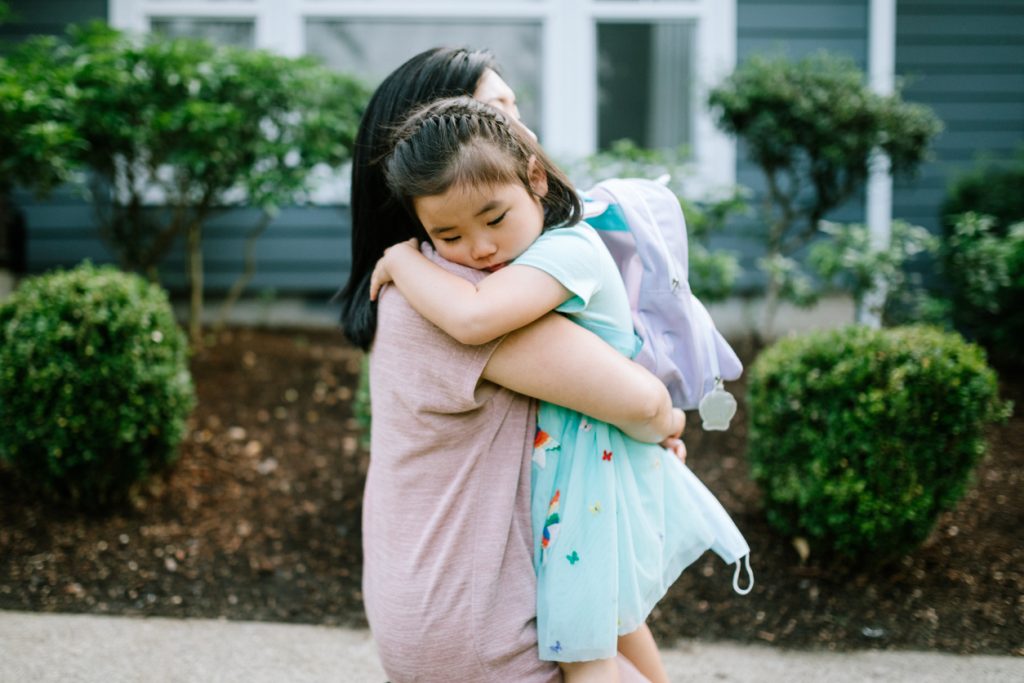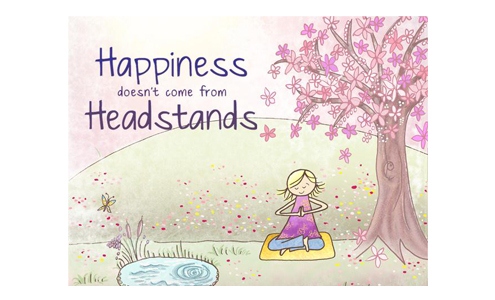When Practice Doesn’t Make Perfect… Teaching Resilence

An oldie but goodie story of determination is well-known children’s book The Little Engine that Could. It’s a cheerful and uplifting story. We enjoyed it as children and now we read it to our own.
But here’s the thing. The message, ‘If we try, and we try, we’ll eventually reach our goal,’ has not always reflected my reality.
My experience is that sometimes we try and we try, and we end up falling on our face. And so do our kids. The story is enforcing determination not teaching resilience.
I’ve thought long and hard about the messages we teach our children (and ultimately maintain as our core beliefs as adults). To expect our efforts will always result in consistent success is misleading at best. We’re setting kids up to have unrealistic expectations that life should and will be perfect, and that’s not the real world.
The message of persistence is a great one, but there’s a lesson our children are missing: how to rise from failure. Defeat happens to the best of us, so why not offer our kids the tools with which to accept, learn, and grow from it? Teaching resilience should be our focus.
The age-old adage ‘practice makes perfect’ needed to be looked at. So I decided to write a book about teaching resilience.

The book is called Happiness Doesn’t Come from Headstands. It’s a modern day story about the search for happiness, and one girl’s discovery that, even in the face of failure, peace can be found.
As adults we have the power to nurture children’s growth. We can start by teaching kids that it’s okay to fail. And that just because they have a failure, it doesn’t mean that they are a failure. By learning how to accept and learn from failure, they’ll be better equipped to achieve the happiness and success we so want for them in the first place.
My sense has always been that if I had known some of what I know now, at a younger age, life could have been easier. Perhaps I would have been a little less afraid to fail, and a little more resilient when I did. Our thought patterns strengthen as we age, so let’s support children to create a healthy framework from the start. This was my goal in creating Happiness Doesn’t Come from Headstands.
That children will be loved regardless of what they can or cannot do is a message I want the children in my life to know, and is one that I want your kids to know. My hope is to inspire you as you inspire the children in your life.
Teaching Resilience: How to Prepare for Defeat and Learn from Failures
1. Celebrate effort not outcome
Praise and congratulate that they’ve tried, irrespective of the outcome.
2. Children emulate our behaviour
Share your failures and show that it’s okay to fail when you do. Teaching resilience comes from modeling your own.
3. Practice failure
Play a game of chance and discuss what they can tell themselves when they fail, and what compassionate words can they offer opponents when they win.
4. Emphasize their learning successes
When a child is distraught about what they can’t do, remind them of all the wonderful things they CAN do and have LEARNED to do, and the wonderful qualities that make them who they ARE.
5. Help your kids to feel safe when they fail.
Make it clear that they are loved and valued regardless of what they can or cannot do.
Tamara Levitt is the author of Happiness Doesn’t Come from Headstands and The Secret to Clara’s Calm














